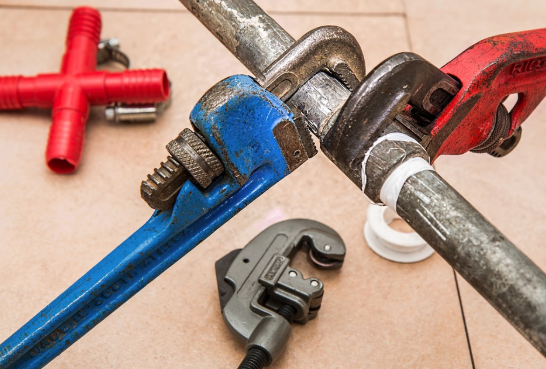Homeownership has numerous responsibilities, including budgeting for unexpected costs such as utility bill hikes, unfortunate events like extreme weather conditions, regular home repairs, and maintenance. Failing to do so could leave you and your family unprepared to cover the essential costs that arise. Here are some practical tips to stay on top of things to avoid sudden expenses.
1. Build a Sinking Fund
Since unexpected home expenses are inevitable, it helps to begin putting away money little by little every month in anticipation of the cost. You can open a separate savings account dedicated to household expenses. Don’t use the funds to cover other unrelated things just because you’ve been saving for a while without any eventualities coming up. The rule for emergency and sinking funds is accumulating an amount that can cover all your living expenses, savings, and debt servicing for at least six months to a year. With this money, you can initiate repair or maintenance.
For instance, if you notice a leaky faucet in your home and decide to fix or replace it immediately with the money in your sinking fund, you’ll prevent many issues related to water damage. According to the EPA, 3,000 gallons of water are wasted annually by a single leaky faucet dripping one drip per second. When you notice these issues around your home, it’s imperative to reach out for assistance before they’re able to grow into larger and more costly problems.
2. Research and Obtain Homeowners Insurance
Home insurance can be a costly addition to your budget. Still, it provides valuable financial protection in case of unexpected events, such as a fire, extensive water damage, or even theft. Many insurance companies can cover your home with premiums within your current budget. So, research different insurance options to find a policy that suits you.
Once an unfortunate event that requires money happens, your insurance will cover it. The beauty of insurance coverage is that the insurance company can cover multiple expenses simultaneously without ‘running out of money’ like you would if you were handling everything independently. It’s easier to plan for predictable monthly premiums than to wait for a future expense you cannot calculate.
3. Prioritize Durability and Longevity
When planning home improvement projects or major repairs, prioritize durability and longevity. Invest in high-quality appliances and home installations that are built to last. Doing this gives you time to prepare your budget and save money for future maintenance and repairs.
According to Paramount Roofing, a consumer survey identified durability as a leading reason most homeowners (88%) give when purchasing a new roof. This was followed closely by a significant chunk of homeowners (83%) who cited longevity as their driving factor. Investing in high-quality materials and expertise costs more upfront but saves you money and the frustration of doing regular and haphazard repairs or replacements.
4. Allocate Funds for Specific Maintenance Costs
According to Comfyliving.net, mold affects about 70% of homes and approximately 28% of people are predisposed genetically to mold-related health issues. If you live in humid places with weather that further exacerbates the intensity of mold growth, such as Florida, Mississippi, California, Texas, and Louisiana, set aside money for dealing with it if or when it happens. Allocating a portion of your budget for regular mold inspections and addressing issues as soon as you notice them can help prevent costly damage to your home and safeguard your family’s health.
Since unforeseen home expenses are a huge inconvenience, yet inevitable, find a way of anticipating them proactively. Do this by listing all the home expenses you might overlook and slowly incorporating them into your budget. The more action you take to prepare for these expenses, the more likely you’ll be able to address them without significantly impacting your lifestyle and your wallet.









